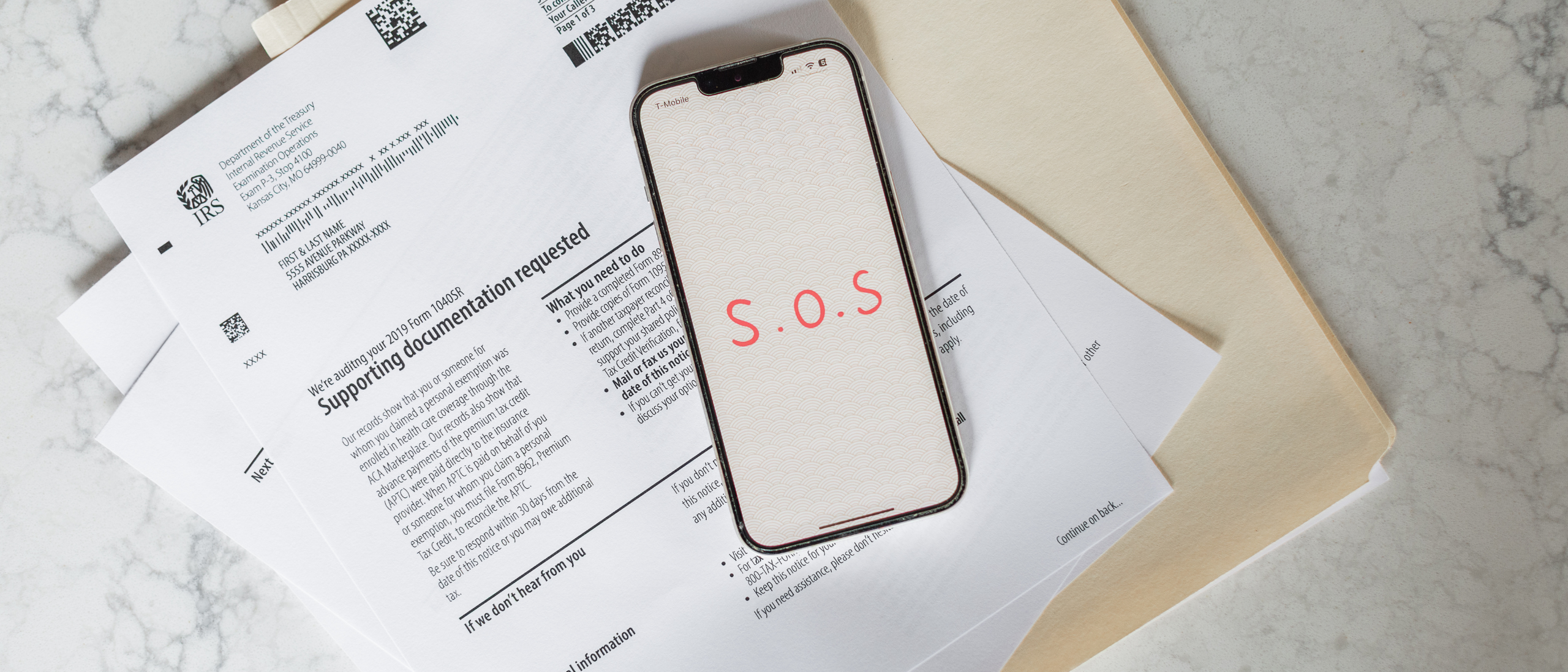Whether you’re a small business owner or an individual taxpayer trying to understand how inflation impacts your taxes in 2025, you’re not alone. This is a common and confusing question I get during tax season. Today, I’ll explain what you should keep in mind when it comes to inflation and your tax bill.
What is inflation?
Without getting too deep into the weeds or the politics of the word “inflation,” let’s make sure we clearly understand what inflation means: inflation is a widespread increase in prices over time. In other words, the same amount of money buys less now than it used to because of inflation.
How does the IRS adjust for inflation?
To keep up with inflation, the IRS adjusts several parts of the tax code every year. These adjustments are made to amounts like the standard deduction, and they generally benefit most taxpayers.
Are tax brackets adjusted for inflation?
Yes, tax brackets are typically updated every year to adjust for inflation.
Why? Well, think of it like this: If the IRS didn’t adjust tax brackets for inflation, then as your income increased to keep pace with the rising cost of living, you would be pushed into a higher tax bracket and wind up paying more income tax.
Is the standard deduction adjusted for inflation?
Yes, the standard deduction, which is the amount of income you can subtract from your taxable income, is adjusted almost every year to account for inflation.
To explain how this impacts taxpayers and their tax bills, it’s easiest to look at an example:
Emma is a freelance graphic designer and is a single filer. On her 2024 taxes (filed in 2025), she claimed the standard deduction of $14,600. For her 2025 taxes (filed in 2026), even though her expenses and income have stayed basically the same, she can claim the increased standard deduction of $15,750. That means less of Emma’s income is taxed, which results in a lower tax bill and more money staying in her bank account.
While it’s true that the year-to-year adjustment won’t have a huge impact on Emma’s tax bill, you can see how this would greatly affect taxpayers if the IRS didn’t keep up with adjusting the amount each year for inflation.
Are tax credits adjusted for inflation?
Yes, certain tax credits are typically adjusted for inflation.
For instance, for 2025, some adjustments to two commonly-claimed tax credits are:
- Earned income Tax Credit (EITC): Income thresholds for the EITC increased so more people can qualify and can possibly qualify for a larger credit.
- Saver’s Credit: This credit is for retirement contributions, and the income limits were raised so that middle-income earners can still claim the credit.
Abridged by Amy
Inflation isn’t just about prices at the grocery story or the gas pump; it also affects your taxes. Thankfully, the IRS makes adjustments so that cost-of-living increases don’t result in tax increases for you.
If you’re worried about how inflation is impacting your taxes, especially your small business taxes, it’s always a good idea to work with a CPA who can help you crunch the numbers. Working with a professional means that you can make your own adjustments and be certain that taxes and inflation won’t get in the way of your business’ growth and profit.




